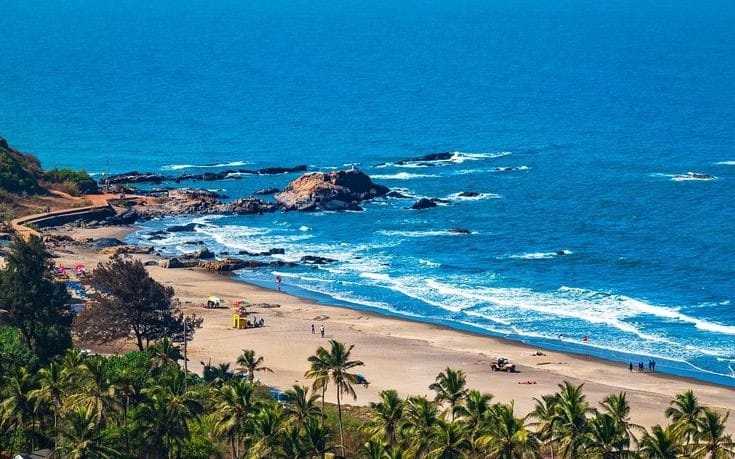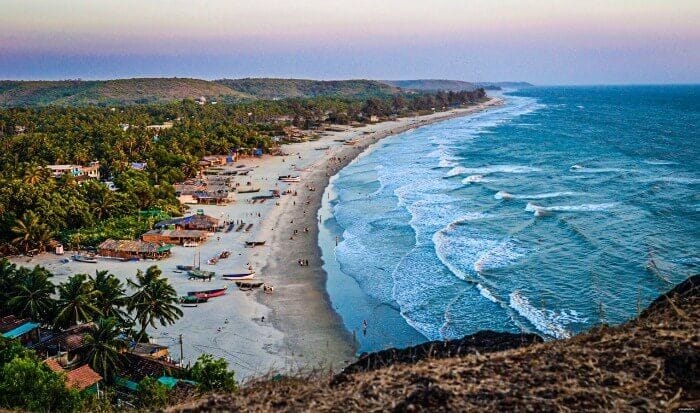Beach shack culture is an integral part of Goa’s vibrant coastal lifestyle. The colorful shacks that line the beaches offer a unique experience to both locals and tourists alike. These shacks are essentially small, temporary structures that offer food, drinks, and a relaxed atmosphere to those looking to unwind by the beach. In this article, we will explore the history of beach shack culture in Goa.
The origins of beach shack culture in Goa can be traced back to the 1960s and 1970s when the hippie culture was at its peak. Goa was then a popular destination for hippies who were drawn to its picturesque beaches, relaxed atmosphere, and affordable cost of living. Many of these hippies decided to set up makeshift shacks on the beach to sell food, drinks, and other items to tourists. These shacks were basic, often consisting of little more than a few tables and chairs and a roof made of palm fronds.
Over the years, beach shack culture in Goa has evolved to become more organized and regulated. Today, the government of Goa issues licenses to beach shack owners, ensuring that they meet certain health and safety standards. The shacks have become more permanent structures, often made of concrete and with proper facilities for cooking and serving food.
Beach shacks in Goa serve a variety of cuisine, with seafood being the most popular. Freshly caught fish and shellfish are grilled or fried to perfection and served with local spices and herbs. Goan cuisine is known for its unique blend of Indian and Portuguese flavors, and many shacks offer traditional Goan dishes such as vindaloo and xacuti. The shacks also serve a variety of alcoholic and non-alcoholic drinks, including the famous King’s beer, which is brewed locally in Goa.
One of the unique aspects of beach shack culture in Goa is its inclusivity. The shacks cater to a diverse crowd, including locals, tourists, and expats. They offer a relaxed atmosphere where people can come together to enjoy good food, drinks, and music. Many shacks host live music events, DJs, and other cultural activities, making them a hub of social activity in Goa.
Beach shacks in Goa also play an important role in the local economy. They provide employment to a large number of people, including cooks, waiters, and other staff. The shacks also source their ingredients locally, supporting local fishermen and farmers. They contribute to the overall tourism industry in Goa, which is a significant source of income for the state.
In recent years, there have been concerns about the environmental impact of beach shack culture in Goa. Some shacks have been accused of polluting the beaches and water bodies, and there have been calls for stricter regulation and enforcement. However, many beach shack owners have also taken steps to become more sustainable, by using eco-friendly materials and practices and reducing their carbon footprint.
In conclusion, beach shack culture in Goa is an integral part of the state’s coastal lifestyle. It has evolved from its humble origins in the 1960s and 1970s to become a more organized and regulated industry. Beach shacks offer a unique experience to both locals and tourists, providing good food, drinks, and a relaxed atmosphere. They play an important role in the local economy and are a hub of social activity in Goa. While there are concerns about the environmental impact of beach shacks, there are also opportunities to make the industry more sustainable for the future.










